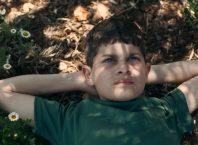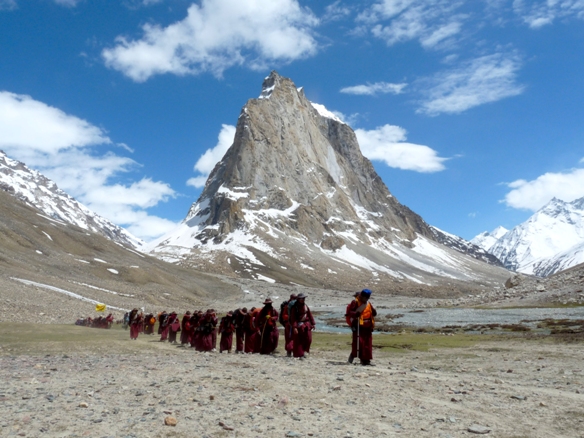
The Spirit International Film Festival, now in its seventh year, aspires to promote films that “inspire transformation and personal growth,” giving cinema the opportunity to be a part of the conversation about the global issues that have an impact on all of us.
Documentary Pad Yatra ticks all the boxes. Narrated by actress Darryl Hannah, it opens with a terse report that captures all the concerns of the modern age. Ladakh, a region of India nestled between the Kunlun mountain range to the north and the Himalayas to the south, was struck by a rare weather phenomena called a cloudburst. In 120 seconds, more than 2 inches of rain had struck the ground; the consequence was a cascade of mudslides and flash floods. The immediate consequences are clear, and devastating: flash floods and mudslides, devastating personal injuries and loss of property, belongs, livelihoods. But the cloudburst, the consequence of the increasingly unstable climatic conditions in the Himalayas, the so-called “Third Pole”, is a harbinger of a disturbing future. Ignoring the impact of our exploitative activities on our natural ecosystem is storing up catastrophic consequences in the no-longer-distant future.
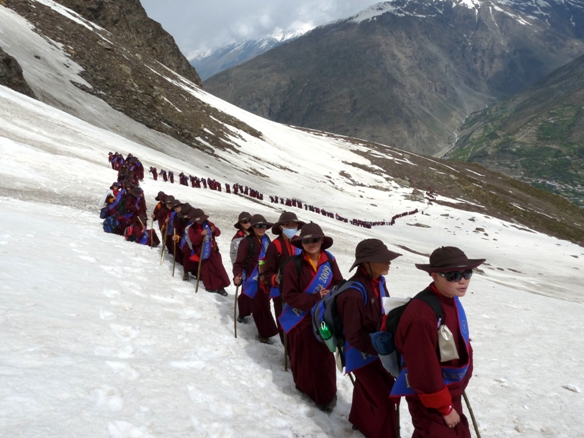
The Pad Yatra, an ecological trek, was initiated by HH Gwalwang Drukpa, head of the Drukpa lineage of Buddhism and the founder of the Live to Love foundation. Moved by the scenes of devastation and loss in Ladakh, he determines to try and do something that will not only draw attention to the under-reported increase of extreme climatic conditions, but also make an actual difference to the communities thus touched. Pad Yatra is Sanskrit for “walking pilgrimage”: over 450 miles, volunteers and adherents meander across the stunning landscape, along the way managing to plant 50,000 trees, collect half a ton of plastic litter and educate local communities about environmental awareness. As the film shows, it is no easy matter: but the essential guilelessness of the walkers and their message of love and responsibility does inspire.
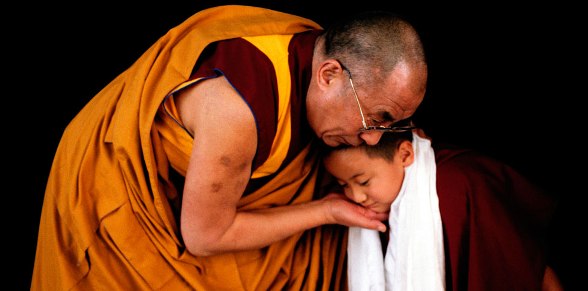
Staying with the subject of responsibility, Yangsi, a gentle and meditative documentary offers a behind-the-scenes look at the Buddhist tradition of reincarnation – or, to be more precise, rebirth – filtered through the experiences of a young boy destined from a young age to grow into greatness.
At the age of four, Jigme Lhundrup is tapped as the Yangsi or spiritual reincarnation of Dilgo Khyenise Rinponche, a respected and revered Tibetian meditation master and sage. It means leaving his family and beginning a new life, steeped in the privilege accorded to the leaders of the tradition but also steeped in an awesome responsibility. He is the chosen one, one of his teachers remarks, but it is important not to praise him too much. There is something of the bird in the gilded cage about the tradition of rebirth, I suppose. And then, of course, there are the natural questions that arise as the designate begins to understand that there is a world beyond his own. “I did not choose my path at all,” Jigme muses. “They put me on this big throne and said, you are the incarnation…”
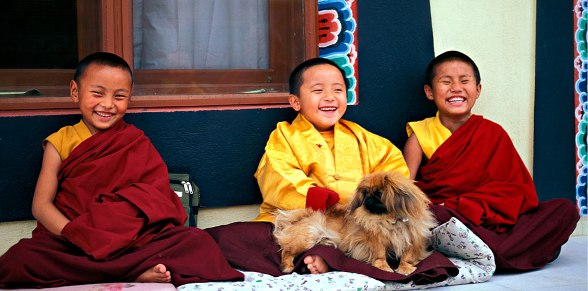
It helps that he has both a sense of humour and a big heart, both of which become apparent through Mark Eliot’s sensitively shot documentary that tracks him over 14 years, through childhood into maturity and the assumption of his full responsibilities as a spiritual leader to thousands, if not hundreds of thousands, of people. It’s a touching little film, exploring ancient traditions within a modern setting. It helps to approach these things with a sense of perspective.
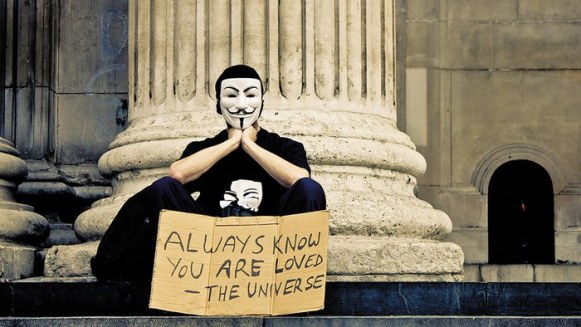
I suppose the kindest thing one can say about Occupy Love is that it is a film that was probably made too soon. Made by activist and “philosopher-filmmaker” Velcrow Ripper, it takes its cues from the wave of Occupy… protests that rocked the world for a few months a year or so ago, and proposes an intriguing solution to the problems that prompted the unease: Love = Empathy = The Most Effective Opposition to the Decay of Society.
It would take a heart (and quite possibly a head) of stone to resist the elegant simplicity of Ripper’s thesis. The problem, I think, is that even as he reveals the myriad causes that brought the 99% out onto the streets, he fails to explore whether genuine coalitions of the willing have been formed or whether these alliances of convenience truly subscribe to the same goals. In perhaps the most revealing moment of the film, a middle aged black man observes – without evident rancour – that the issues that have roused the Occupy movement to action have been embedded in his community for all his life. But Ripper takes the observation at face value, and moves on. He is more interested in pulling together recruits to his cause without exploring in real detail what they want, or what they need.
The film centres on the Occupy Wall Street protests, but also name-checks Occupy Madrid and, a bit tenuously, Cairo and the Arab Spring. A week is a long time in politics, they say; a year might as well be an eternity. The optimism that he captures from the start of the protests that brought down Mubarak has long since been replaced by something far more cynical and manipulative. It would be unfair to brand Occupy Love as naive: but certainly, its record of a moment in time that will not age terribly well.
The full program and screening times may be found on the Spirit Film Festival website.
Pad Yatra: A Green Odyssey (2012)
Written and Directed by Wendy J.N. Lee, narrated by Darryl Hannah
70 minutes, English with Hebrew subtitles
Yangsi (2012)
Written and Directed by Mark Elliot
82 minutes, English with Hebrew subtitles
Occupy Love (2012)
Written and Directed by Velcrow Ripper
84 minutes, English with Hebrew subtitles



